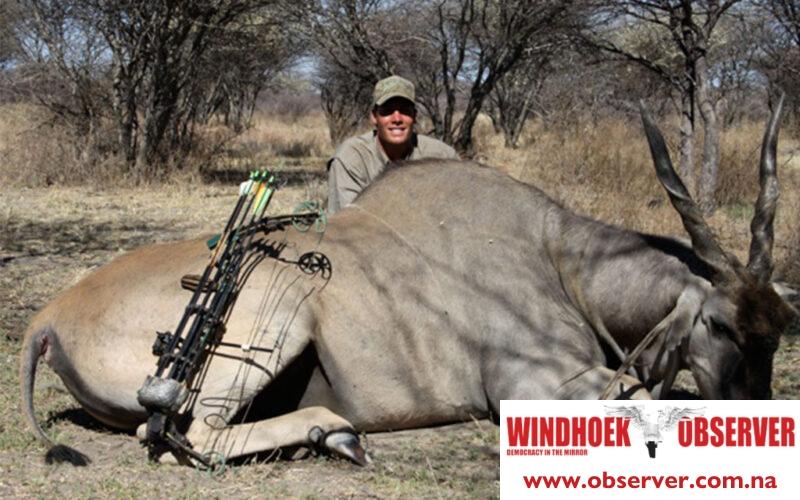CHAMWE KAIRA
The Botswana government and local communities living in wildlife areas this week protested to the British Parliament about the potential of the UK passing a bill that prohibits trophy imports from Botswana and other Southern African states known as Kavango–Zambezi Transfrontier Conservation Area (KAZA) countries from entering the United Kingdom.
The UK is party to the Convention on International Trade in Endangered Species of Wild Fauna and Flora (CITES) which regulates international trade in over 35 000 species of wild animals and plants, their products (such as animal skins) and derivatives (such as food or medicine).
The Hunting Trophies (Import Prohibition) Bill seeks to ban the importation of legally obtained wildlife trophies from Botswana and other African countries such as Zimbabwe, Zambia, Nambia, Tanzania and South Africa. It is going for the second reading in the House of Lords on 23 March.
For Botswana, the European Union trophy hunting market including the UK comprises of 30% while the USA market is the largest at 70%. In this regard, the British trophy hunting market for Botswana is big and cannot ignored by both the Botswana government and communities living in wildlife areas.
“The big question therefore is if this Bill passes at the House of Lords, what are the implications to conservation and rural livelihoods,” a government statement said.
The Namibia Professional Hunting Association (NAPHA) told Observer Money last year that it was worried that said a hunting ban as proposed in the United Kingdom can potentially have devastating effects on the hunting industry.
The association said research has shown that hunting tourists arriving in Namibia only amount to 3% to 5% of total tourism arrivals, but contribute up to a quarter of the total tourism turnover.
The association said trophy hunting also funds a lot of anti-poaching initiatives, paying for game rangers, and the upkeep of fences and vehicles to protect animals like the Black Rhino from poachers.
It warned that if animals like elephants start overpopulating an area, because they cannot be hunted, they start causing devastating damage to their surroundings which will result in the loss of habitat of other species.
“The arrogance of foreign entities trying to dictate how African countries should manage their natural resources is astounding. Countries that hunted their own animals to extinction because they could not come up with a sustainable concept to benefit from nature are now in the process of trying to ruin countless livelihoods elsewhere in the world with their ignorance and misguided sense of righteousness,” the association said.




